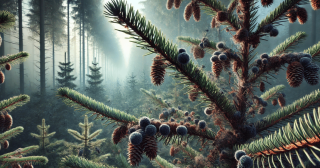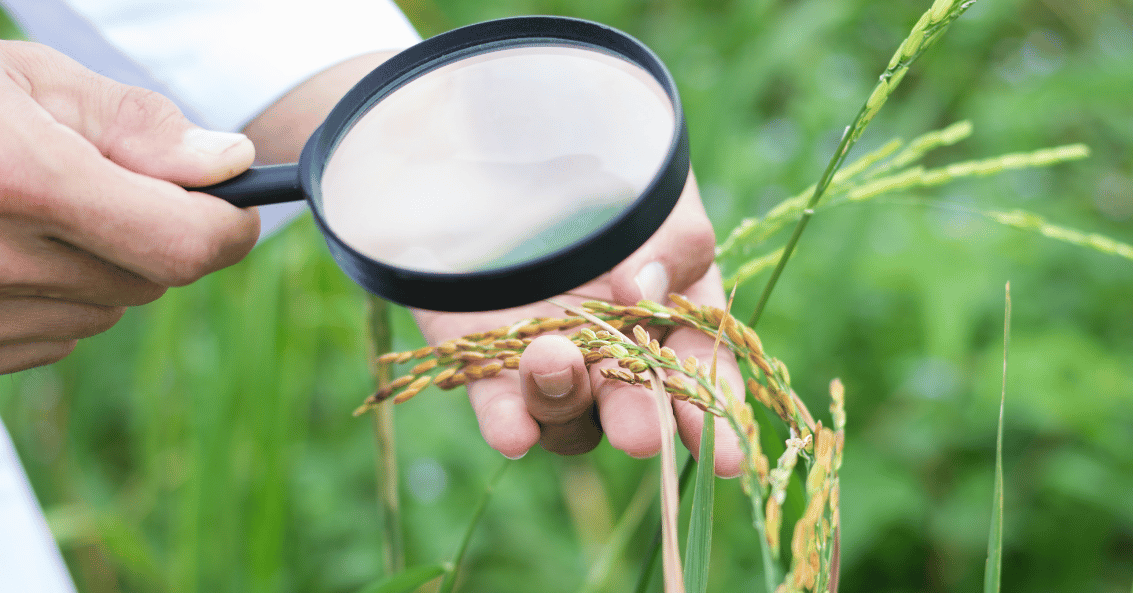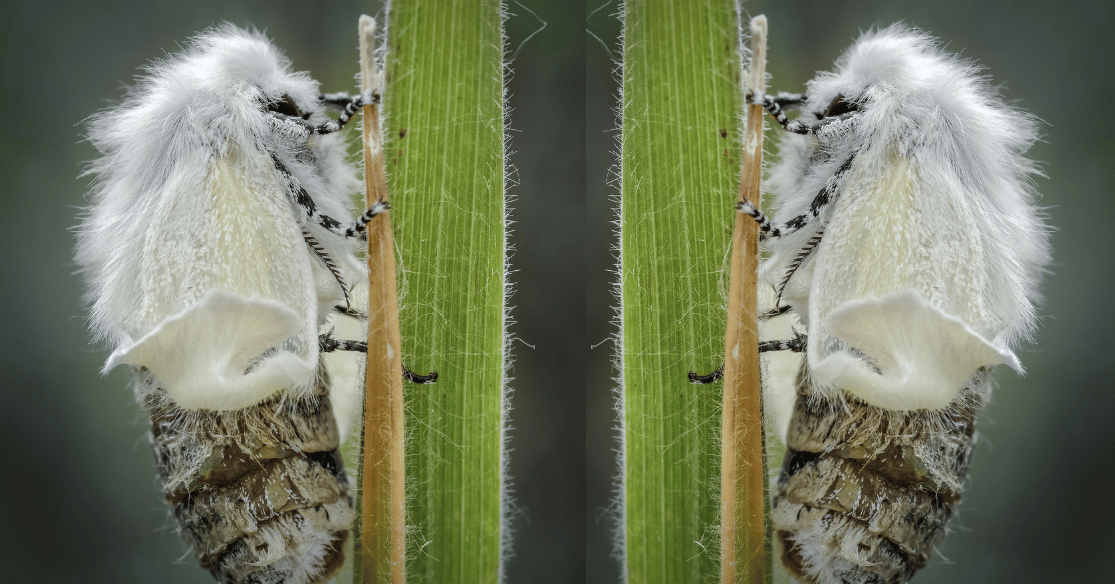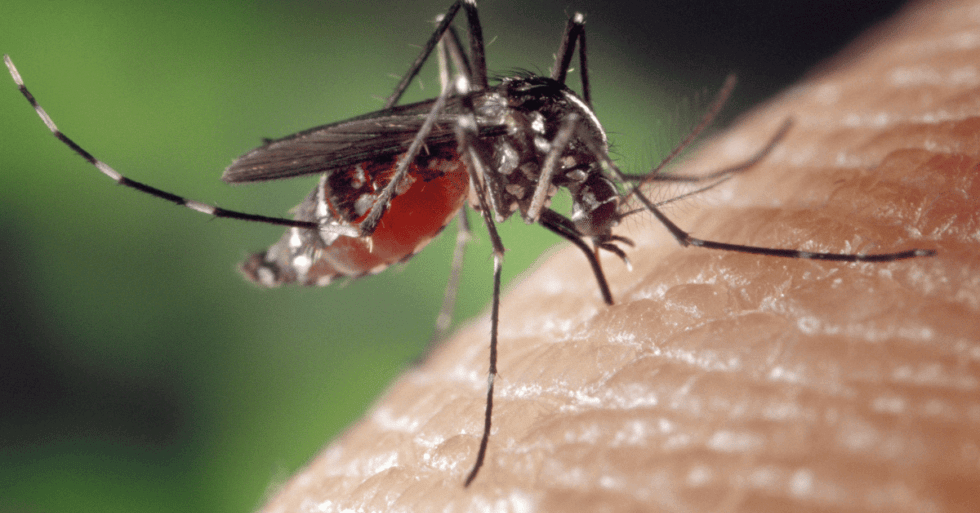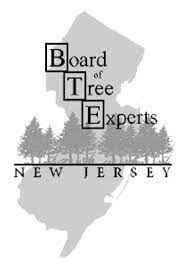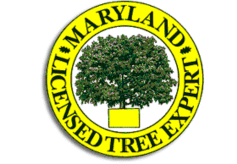Rhizosphaera needle cast is a common fungal disease affecting spruce trees, especially Colorado blue spruce. This disease targets the needles, causing them to turn brown and fall off. If untreated, it can weaken the tree, making it more susceptible to other diseases and pests.
Here’s everything you need to know about identifying, managing, and treating Rhizosphaera needle cast.
How to Identify Rhizosphaera Needle Cast
1. Look at the Needles
The first sign of Rhizosphaera Needle Cast is on the needles. Healthy needles are green. Infected needles turn a purplish-brown, then brown, and eventually fall off.
2. Spot the Symptoms on Lower Branches First
This disease usually starts on lower branches. It slowly spreads upwards, affecting more branches over time.
3. Look for Black Spots on Needles
Black dots, or fruiting bodies, appear on infected needles. These dots hold the spores that spread the disease. They are tiny, but you can spot them with a magnifying glass. Fruiting bodies emerge after a wet spring or rainy weather.
4. Check in Early Summer
Rhizosphaera Needle Cast is most visible in early summer. Check your spruce trees around this time. Catching the disease early helps improve treatment success.
How to Manage Rhizosphaera Needle Cast
Managing Rhizosphaera Needle Cast takes time. Here are steps to help control it:
1. Prune Infected Branches
Pruning helps remove the source of the fungus. Cut back infected branches, especially those with heavy spotting or browning. Clean pruning tools between cuts. This helps prevent spreading the fungus to other parts of the tree.
2. Improve Air Circulation
Good air circulation can slow down fungal growth. Trim nearby plants or trees to allow airflow around your spruce. Keep the area around the tree free from dense shrubbery. Reducing crowding lowers moisture on needles, making it harder for the fungus to thrive.
3. Water the Right Way
Spruce trees need water, especially in dry periods. Water the soil around the tree, not the needles. Wet needles create an ideal environment for the fungus to grow. By watering at the base, you help the roots while keeping needles dry.
4. Apply Fungicides
Fungicides can help control Rhizosphaera Needle Cast. Apply a fungicide in spring, just when new growth starts. A second application is often needed after a few weeks. Choose a fungicide labeled for needle cast treatment. Certified arborists at Strobert Tree Services can advise on the best products and safe application methods.
Can a Tree Recover from Needle Cast?
Yes, a tree can recover from Rhizosphaera Needle Cast. But it takes patience and consistent care. Here’s what to expect:
1. New Needles Will Grow
Spruce trees that receive treatment can regrow new needles. This process takes time, as trees often don’t replace needles immediately. It may take a few seasons for the tree to look full again.
2. Regular Monitoring is Key
Watch for signs of Rhizosphaera Needle Cast every year. Early detection helps prevent major outbreaks. Check for needle browning or black spots on new growth.
3. Prevent Future Infections
After the initial recovery, keep up with preventative steps. Maintain good airflow, water properly, and apply fungicides if needed. With ongoing care, your tree will have a better chance to stay healthy and strong.
Contact Strobert Tree Services
If you notice symptoms of Rhizosphaera Needle Cast, Strobert Tree Services can help. Our certified arborists have the skills and knowledge to treat this disease. We provide a free health assessment for trees in Delaware, PA, and New Jersey.
Our team will examine your trees, identify any issues, and recommend effective treatments. With our help, you can protect your spruce trees and enjoy a healthier landscape.
Don't let Rhizosphaera Needle Cast take over. Contact Strobert Tree Services today and keep your trees in top condition!


